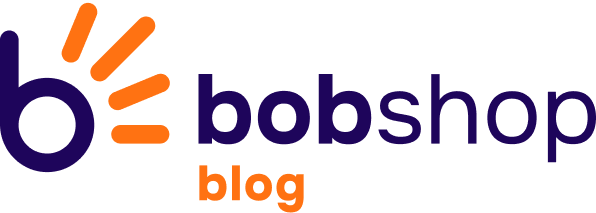During the past 30 days, bidorbuy had 2,219,955 visits from 1,121,615 absolute unique visitors who generated 26,656,296 page views (yes, our serves do work very hard).
If you thought we are throwing those numbers in order to brag a little, you are absolutely right. That is the general idea. More specifically, we wanted to see where you, the bidorbuy visitor, come from. Not in the geographical sense. After all, we are all inhabitants of one large global village, aren’t we? Besides, we know that a great majority of you come from one lane in that village, located on the southern tip of Africa.
What we wanted to know is which browser you use when you set sail to your favourite site. We discovered that the most popular browsers among bidorbuy visitors are:
- Internet Explorer: 1,399,795 visits (63.06 percent);
- Firefox: 500,500 visits (22.55 percent);
- Chrome: 158,906 visits (7.16 percent);
- Safari: 74,753 (3.37 percent);
- Opera: 36,991 (1.67percent);
- Opera Mini: 31,689 (1.43 percent)
- Mozilla: 3,471 (0.16 percent)
- Mozilla Compatible Agent: 2,854 (0.13 percent)
- NetFront: 2,115 (0.10percent)
- BlackBerry 8520: 2,046 (0.09 percent)
As you can see, bidorbuy visitors employ some lesser known browsers to get them where they want to go on the World Wide Web.
In future, we may encounter more (at the moment) obscure browsers as the result of the European Union antitrust case against Microsoft. From the beginning of this month, Microsoft has been serving a “browser ballot†to its European users through the Windows updates. That means that Europeans who have Internet Explorer set as their default browser are presented with a choice of the five most widely used browsers: IE, Firefox, Chrome, Safari and Opera, plus (hidden in a scroll bar) seven more: GreenBrowser, K-Meleon, SlimBrowser, Maxthon (which claims second place after IE in China), Avant, Sleipnir and Flock.
If those “alternative†browsers become popular in Europe, the chances are that the word will spread throughout the global village and affect behaviours in our ally too.
The roll out of the “browser choice†screen to about 100 million Windows users in Europe should be finalised mid-May. Already, Opera browser downloads have tripled in Belgium, France, Britain, Poland and Spain. Mozilla says that more than 50,000 individual downloads of its flagship browser, Firefox, can be directly traced to the Windows choice screen. However, that is just a fraction of the number of downloads that Firefox receives in Europe anyway: more than half a million per day. That means that the “browser choice” screen may not have a big impact, especially not for the seven browsers hidden behind the scroll bar.
